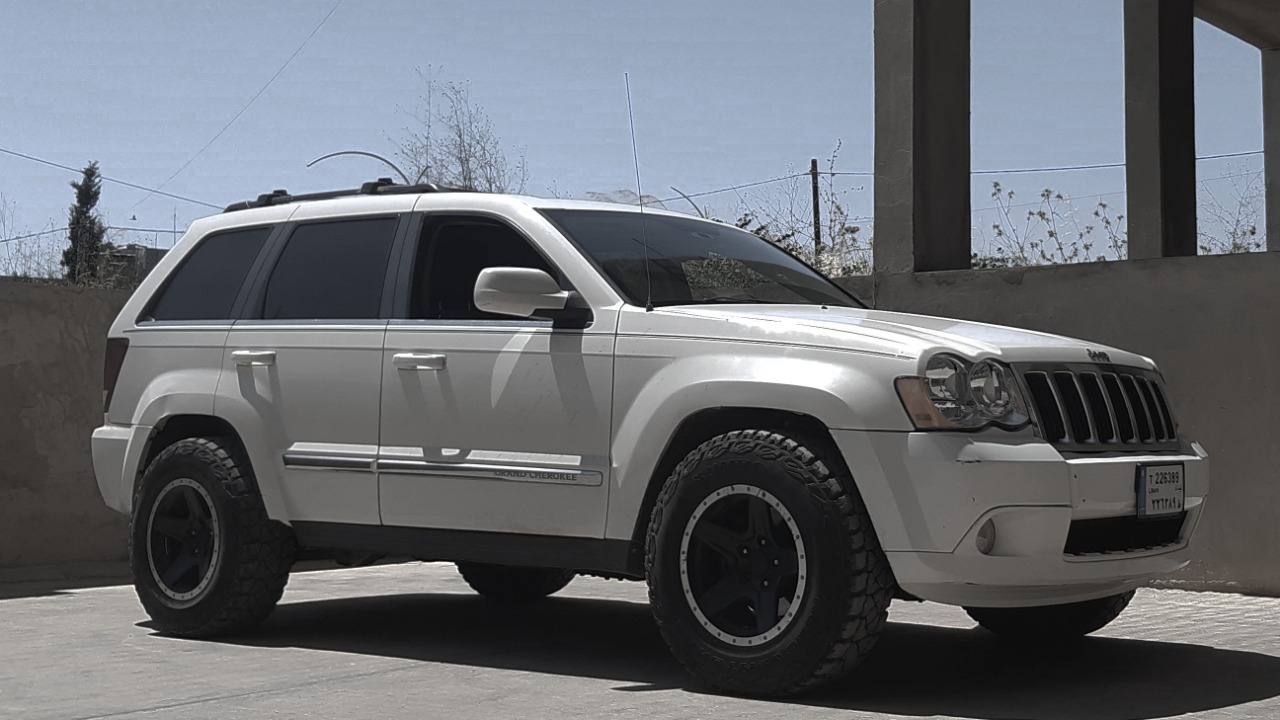
In today’s automotive market, depreciation can be a significant concern for SUV owners and buyers. It’s no secret that many vehicles lose value over time, but some models experience a sharper decline than others. Here, I explore five SUVs known for losing up to 70% of their value within just three years of ownership.
Ford Edge
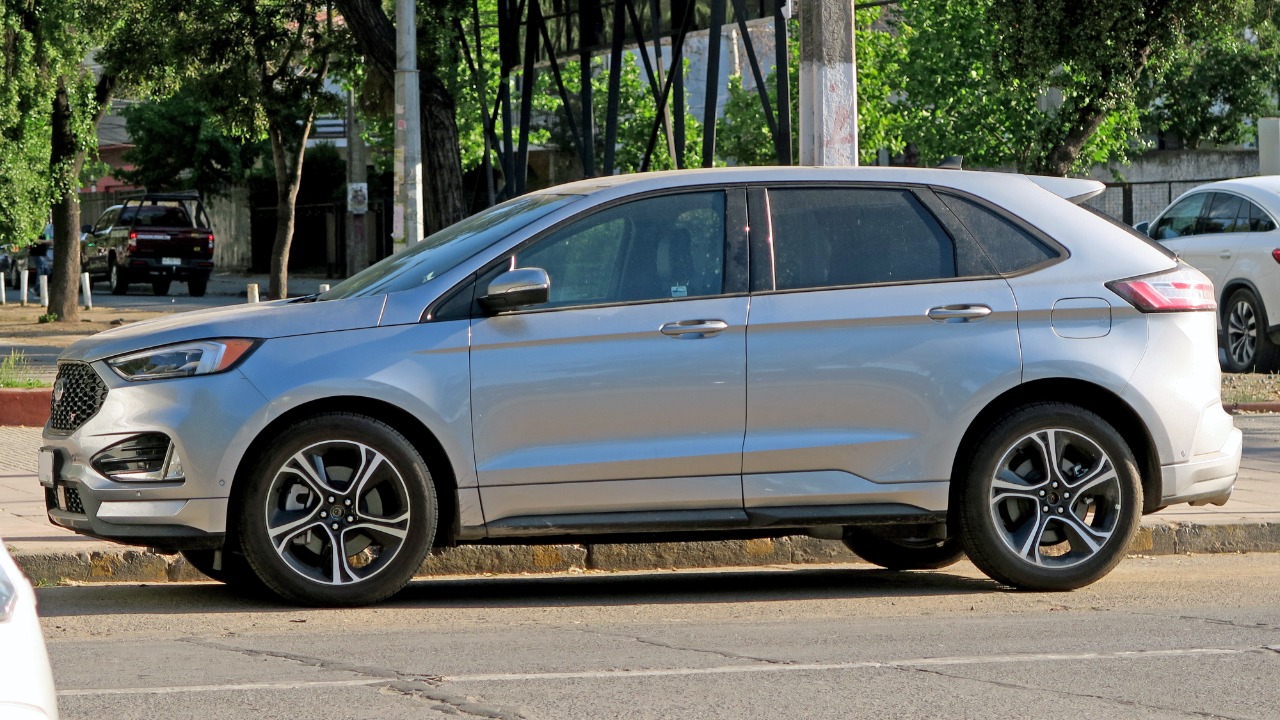
The Ford Edge, a midsize crossover SUV, is well-regarded for its spacious interior and comfortable ride. However, when it comes to depreciation, the Edge is less impressive. The 2020 model, for instance, has seen significant value loss, largely due to the fast-paced advancements in automotive technology and increasing competition in the SUV market.
Despite its initial appeal, the Ford Edge struggles to maintain its value against newer models equipped with more modern features. The market’s shift towards eco-friendly and technologically advanced vehicles has also played a role in this depreciation. For potential buyers, it’s crucial to consider the long-term value retention of such vehicles.
Jeep Grand Cherokee
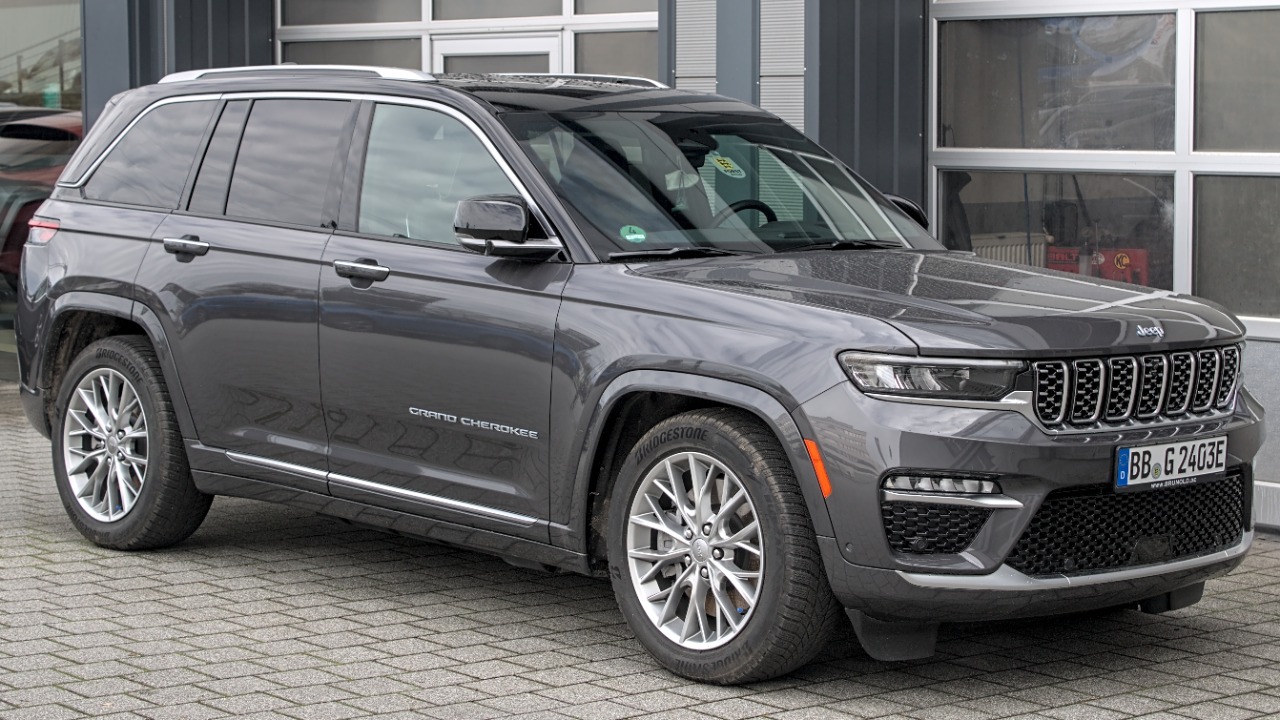
Known for its off-road prowess and powerful engine options, the Jeep Grand Cherokee remains a popular choice among SUV enthusiasts. However, its robust performance doesn’t shield it from steep depreciation. The 2020 model, for example, has observed a considerable drop in value, which can be attributed to high maintenance costs and the continuous introduction of newer, more efficient SUVs.
Jeep’s brand reputation might draw in many buyers initially, but the Grand Cherokee’s depreciation rate makes it a less attractive option for those concerned about long-term financial implications. The SUV market is evolving rapidly, with consumers increasingly favoring models that offer better fuel efficiency and cutting-edge technology.
Nissan Pathfinder
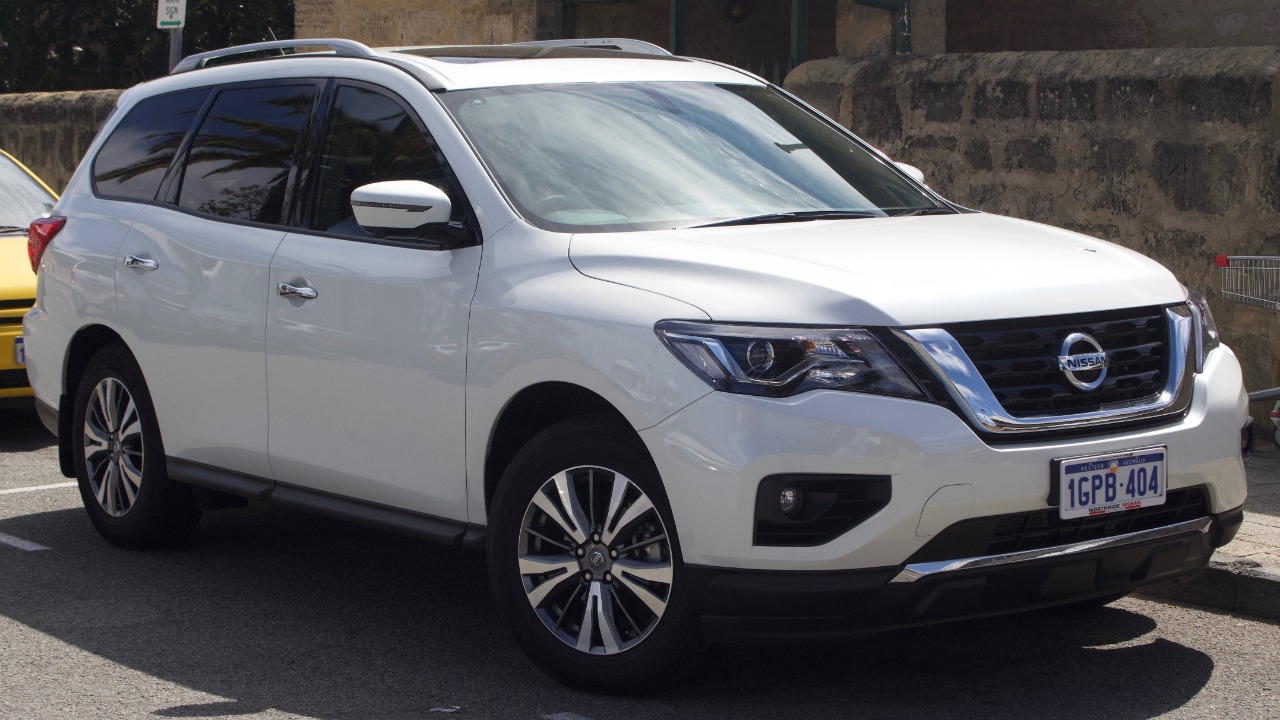
The Nissan Pathfinder has long been a staple in the family SUV segment, offering ample space and a host of features. Yet, it hasn’t been immune to depreciation. The 2020 model’s value has significantly declined, influenced by fierce competition and the growing demand for more fuel-efficient and technologically advanced vehicles.
While the Pathfinder offers practicality, its lack of standout features compared to rivals has contributed to its depreciation woes. Buyers looking for a vehicle with strong resale value might need to consider newer alternatives that better align with current market trends.
Chevrolet Traverse
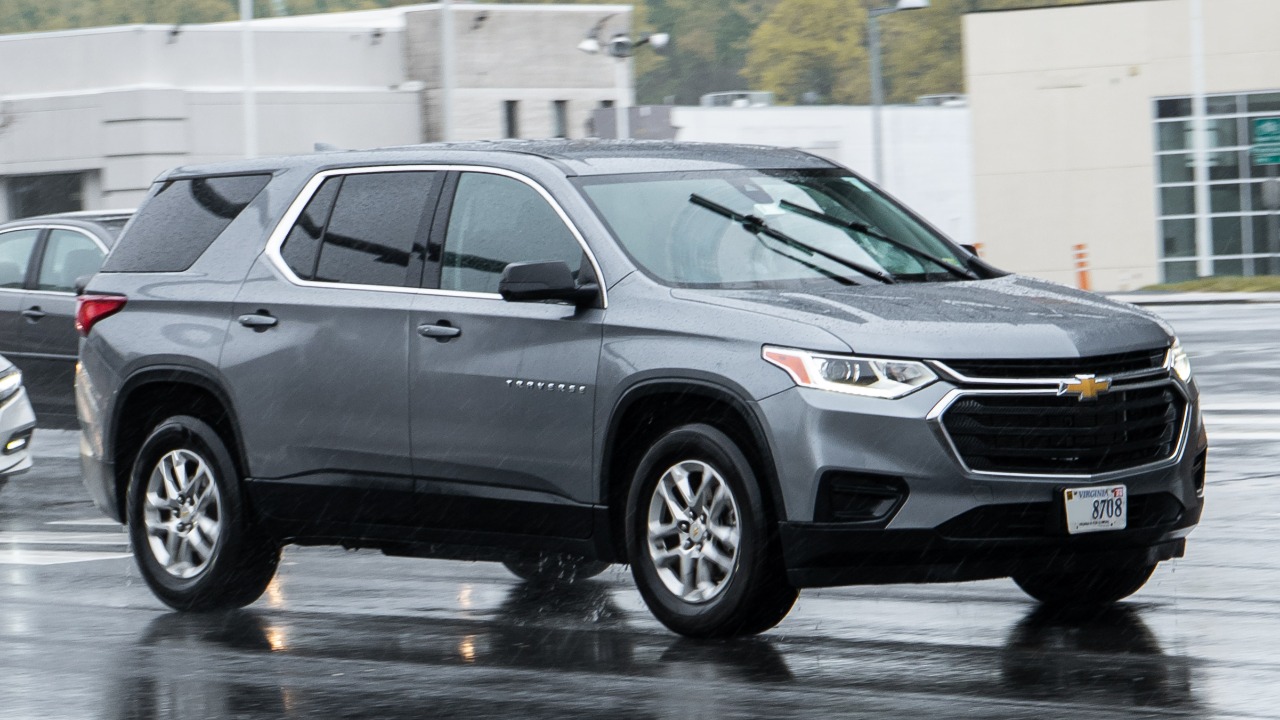
The Chevrolet Traverse is another SUV that has faced notable depreciation. While it provides generous passenger and cargo space, the 2020 model’s value has dropped considerably. This depreciation is partly due to the increased competition from other SUVs that offer similar features with more advanced technology.
The Traverse’s appeal lies in its spaciousness and practicality; however, its resale value is undermined by the rapid pace of technological advancements in the automotive industry. Potential buyers should weigh the benefits of its size against the potential financial hit from depreciation.
Volkswagen Atlas
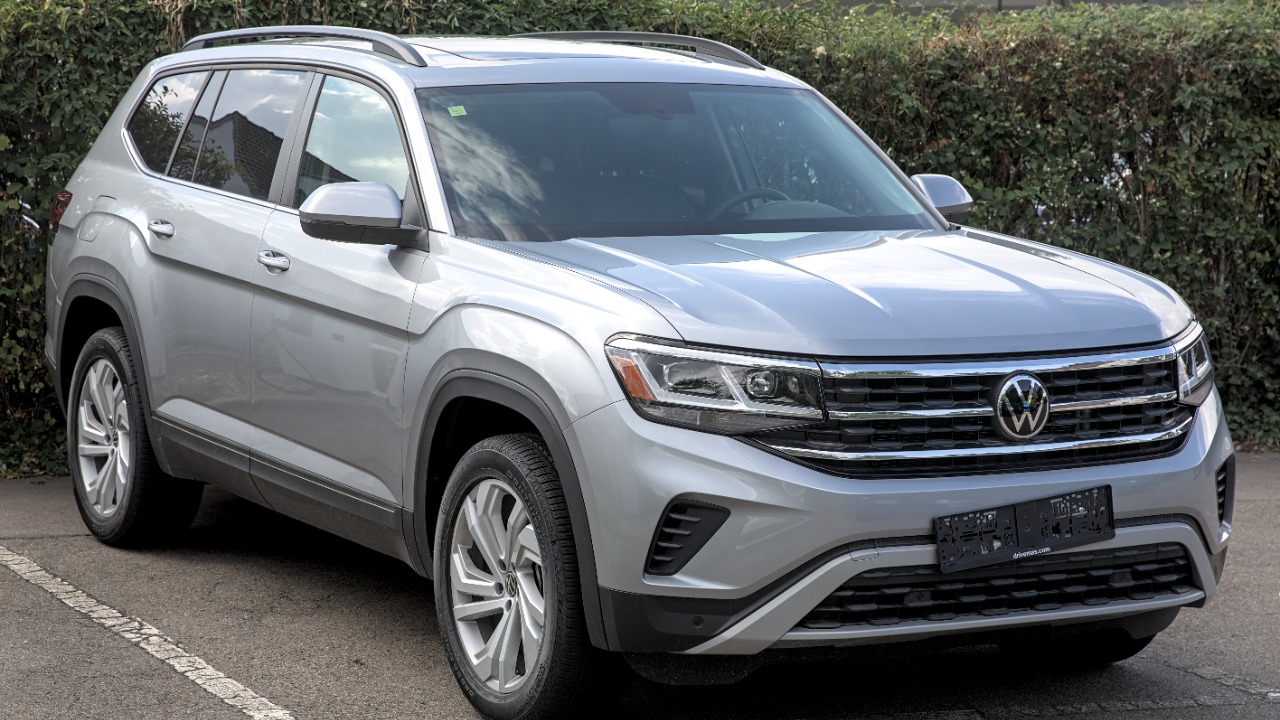
Volkswagen’s Atlas has made a name for itself with its roomy interior and user-friendly features. However, the 2020 model faces significant depreciation, losing value faster than many of its competitors. This is primarily due to the rapidly evolving SUV market and the push for more environmentally friendly vehicles.
The Atlas offers a comfortable ride, but its depreciation highlights the importance of considering a vehicle’s long-term value retention. As the automotive landscape shifts towards electrification and advanced technology, vehicles like the Atlas may find it challenging to keep pace with consumer preferences and industry standards. For those prioritizing resale value, exploring newer models or brands might be a wise decision.